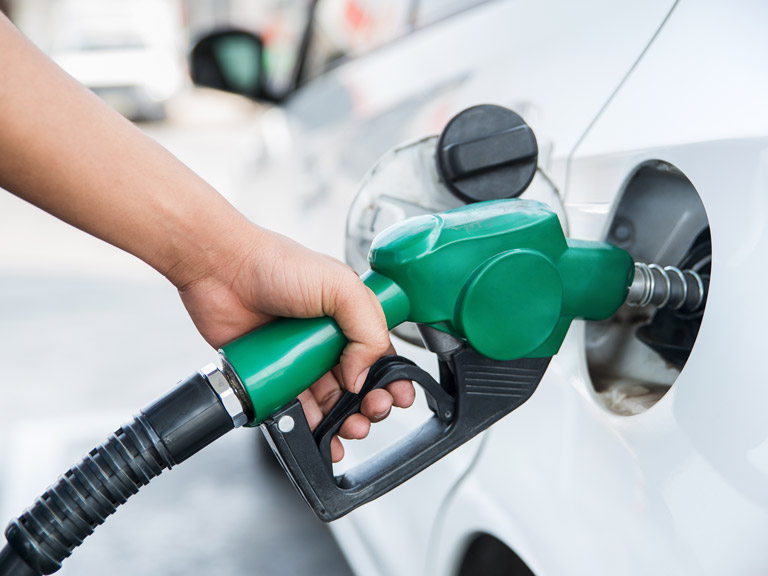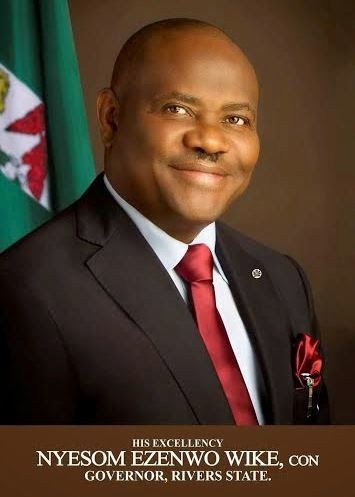The federal government is concerned that fuel subsidies will exceed N6.7 trillion in 2023, impacting capital expenditures for the year. According to the fuel subsidy projection for 2023, the government will provide an additional N2.7trillion on top of this year’s cost.
Zainab Ahmed, Minister of Finance, Budget, and National Planning, raised an alarm during a consultative meeting on the Budget Office of the Federation’s (BoF) 2023-2025 Medium Term Fiscal Framework in Abuja, calling for its suspension.
In April, the National Assembly approved a N4 trillion subsidy for Petroleum Motor Spirit (commonly known as gasoline) in the amended 2022 budget.
She also stated that “Should the government decide to retain the fuel subsidy in the 2023 fiscal year, this will amount to wiping out Capital Expenditure for the execution of capital projects by Ministries, Departments and Agencies”,
The Finance Minister stated that the fuel subsidy regime was hurting Nigeria’s ability to service its debts and meet up with capital expenditure, and sought Nigerians’ understanding for its removal owing to its adverse impact on operations, which has led to borrowing for consumption which she described as wasteful.
She painted two scenarios that could happen in 2023 which is that either the federal government retain the subsidy payment throughout 2023 and spend N6.72trn or retain it till the end of June based on the 18 months extension announced in early July of last year.
Both scenarios, Ahmed said have serious implications for net accruement to the Federation Account and projected deficit levels
“The projected fiscal outcomes in the medium term are presented under two scenarios based on the underlying budget parameters/assumptions”.
For Scenario 1which is said to be the Business-as-Usual scenario, she said the subsidy on PMS, estimated at N6.72 trillion for the full year 2023, will remain and be fully provided for.
Under the second scenario, which is the Reform scenario, she said petrol subsidy will remain up to mid-2023 based on the 18-month extension announced in early 2021, in which case only N3.36trn will be provided for.
For the government to benefit from the second scenario, she noted “Additionally, there will be tighter enforcement of the performance management framework for GOEs that will significantly increase operating surplus/dividend remittances in 2023. Both scenarios have implications for net accretion to the Federation Account and projected deficit levels.”
In her support is the Minister of State for Budget and Planning, Clem Agba, who also canvassed fuel subsidy removal but said only Nigerians can decide and not the government.
“PMS being sold at N200 is still a big problem because the cost of production of PMS itself is in the neighbourhood of between N600 and N700 per litre”.
“Right now, Nigeria is the only country in the world that is selling at about N165 or N200. If you call your friends or brothers in the United States or Europe or other African countries, you will know that PMS is currently being sold in the range of N800 to N1000 per litre.
“I think that the time to remove subsidy was yesterday, we are only eating away our future, and that is what some people call consumption economy. I find it difficult to understand a situation where citizens say that they want Omelette and when the government wants to bring eggs so they can produce Omelette they say no don’t bring it yet.
“So, it’s a decision Nigerians will have to agree to it. Because if you look at scenario one, it means that we will not have any capital expenditure next year, there will be no capital expenditure and then taking care of recurring expenditure will be a huge challenge.
On the implementation level of the 2022 budget, the federal government has so far released the sum of N4.72trn to finance some of the expenditure items contained in the 2022 budget.
The breakdown of the N4.72 trillion includes N1.9 trillion for debt service and N1.26 trillion for personnel costs and pensions. The balance of N773.63bn was spent by the federal government on capital projects. On revenue performance in 2022, the government between January and April generated the sum of N1.63trn. The N1.63trn accrual consists of a N285.38bn oil receipt, representing 39 per cent, and a N632.56 billion non-oil revenue collection, indicating 84 per cent.














